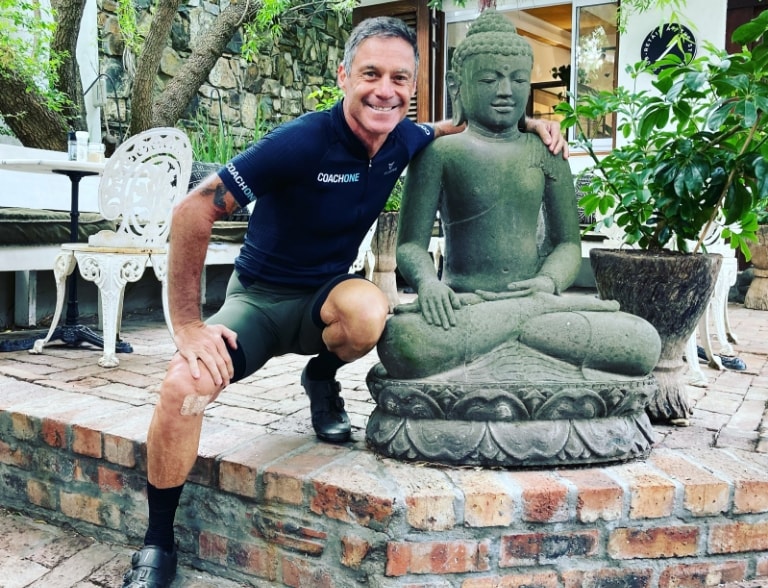Below FAQ are some common concerns or questions of our clients before purchasing a Life Coaching Package.
If you have other questions, please send them to ianmartin@coachone.co.za.
Life Coaching FAQ's
Life coaching focuses on helping individuals identify and achieve their personal and professional goals through a structured process. Mentoring, on the other hand, involves a more experienced individual providing guidance, advice, and insights based on their own expertise and experiences.
Life coaching can provide you with clarity about your goals, help you overcome obstacles, improve your decision-making skills, enhance your self-confidence, and hold you accountable for your actions and progress.
Look for someone who is experienced, empathetic, a good listener, non-judgmental, and skilled at asking thought-provoking questions. It's also important that you connect with the coach or mentor on a personal level.
You might consider a life coach if you're feeling stuck, uncertain about your goals, struggling with work-life balance, facing major life transitions, or seeking personal growth and development.
In a life coaching session, you can expect to discuss your goals, challenges, and progress. The coach will ask probing questions, help you explore different perspectives, and work with you to create action plans to move forward.
The duration can vary depending on your goals and needs. Some coaching relationships last a few months, while others extend to a year or more. Mentoring relationships can be ongoing or have a specific duration, depending on the arrangement.
No, life coaching can cover a wide range of goals, including personal development, relationships, health, and overall well-being. It's not limited to just career-related objectives.
Confidentiality is an important aspect of coaching and mentoring. Coaches and mentors are generally committed to maintaining the confidentiality of their clients' information, unless there's a risk of harm or legal obligation to disclose certain information.
Yes, mentoring can be done remotely through various communication tools such as video calls, phone calls, emails, or even messaging apps. Remote mentoring allows for flexibility and accessibility.
You can start by researching online directories, asking for referrals from friends or colleagues, or looking for coaches and mentors who specialize in areas relevant to your goals. It's important to have initial consultations to assess compatibility before committing.
Remember that every individual's needs and circumstances are unique. These questions and answers can serve as a foundation, but it's important to tailor them to your specific situation and requirements.








